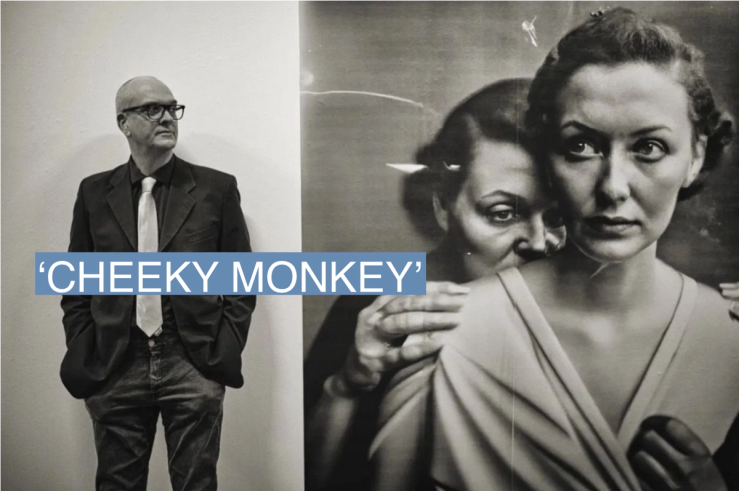The News
The winner of a prestigious photography award turned down the prize after revealing he had used artificial intelligence to test the competition, sparking new discussion about the technology’s place within the art world.
In this article:
Know More
German photographer Boris Eldagsen created “Pseudomnesia: The Electrician” — which won the creative open category at last week’s Sony World Photography Awards — with an AI image generator.
“It has all the flaws of AI, and it could have been spotted but it wasn’t,” Eldagsen told Insider, saying he entered the black-and-white portrait to test the competition and start a conversation about AI’s role in photography. He wrote on his website that he had “applied as a cheeky monkey, to find out if the competitions are prepared for AI images to enter. They are not.”
The SWPA, for its part, told the BBC it was misled by the photographer about how much AI factored into the piece.
Eldagsen is not the first person to win over critics with an AI image: Last September, an image created by Jason Allen with Midjourney won the first-place blue ribbon and a $300 cash prize at the Colorado State Fair.
But the work — a painting of a sprawling ballroom with women dressed in Baroque dresses and titled Théâtre D’opéra Spatial — also prompted backlash on Twitter from people critical of using the tech in art spaces.
Allen, who included that his image was created with Midjourney when he entered the contest, kept his prize and refused to apologize. “Art is dead, dude. It’s over. A.I. won. Humans lost,” he told The New York Times.
Quoteworthy
Speaking to Semafor, Eldagsen said he thinks that in the future the world won’t be able to differentiate between AI and human-created art at first glance.
“It’s very important to find a new term for AI-generated images,” he said. Calling it AI photography isn’t correct, according to the artist, who thinks a better term would be “promptography,” because generators use human-inputted prompts to create their images.
The photography community on Twitter have used his award as a jumping-off point to further the discussion around AI in their industry, he added. “Everybody’s talking about it now, and I’m very happy about that.”
Step Back
The debate surrounding the work of Eldagsen and Allen points to a wider discussion about AI-generated content as it becomes smarter, more ubiquitous, and harder to identify as fake: Does AI have a place in the art world?
AI models are trained on massive datasets of work, including art which is presently under copyright. That makes it capable of copying the work of specific artists, which in turn raises ethical and legal questions over ownership and copyright.
As the tech has expanded, some artists have feared that the use of AI, particularly in commercial projects, could make them redundant as companies switch to generated images.
Notable
- Meanwhile on TikTok, a song called Heart on my Sleeve is going massively viral. At first listen, it sounds like a new Drake single featuring The Weeknd — but the track was actually deepfaked using AI by a creator named Ghostwriter, and neither artist was involved in the song’s creation, Vice News reports. The original video is now suspended, but TikToks featuring the audio are trending on the platform.


